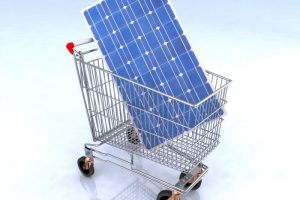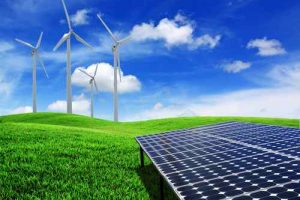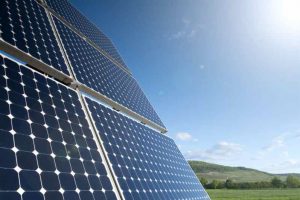Using Renewables
India Solar Photovoltaic (PV) Panels Selection Guide – understanding system quality

Our country is supposed to be one of the few countries, which is blessed with abundant solar energy. There is a tremendous scope for the growth for the Indian Solar Market. However, two factors which affect the same growth according to us are, lack of proper knowledge about the solar power technology amongst the consumers and penetration of ‘not so good’ quality products in the market. Hence, we at Bijli Bachao, thought of starting a series of articles where we
Net Metering policy for roof top PVs in various states in India

Solar powered systems can be categorized in two:
Grid connected solar power system.
Stand alone Offgrid system.
A grid connected system as the name suggests is the one in which your solar power system is connected to the local main grid. In this case, your loads can run on solar power as long as there is sufficient energy available from the sun during the
What is the difference between solar inverter and regular power inverter?

Power inverters or home UPS have been in use in India since quite some time. Thanks to frequent power cuts, home UPS or power inverter industry has done well in India. But with increasing interest in solar power and solar panels many people are thinking of using Solar Power to charge the batteries to save electricity drawn from the grid. Having heard of solar inverter, many people wonder if their existing inverter system is useful or not. In past, we at Bijli Bachao
Sizing batteries and inverters for a solar PV system

In our previous post on: Solar Glossary – photovoltaic, panels, modules, cells, voltage, watt and current we talked about various technical aspects to look for before buying a solar panel. In this post we will talk more about batteries and inverters and their sizing. A larger sized system may cost more
Solar Glossary – photovoltaic, panels, modules, cells, voltage, watt and current

We have published several articles on our website that aim to help common people understand the basics on how to use solar photovoltaic at their homes and office. We have discussed on PV buying guide, solar panel prices, solar
Running Air Conditioner and other high power consuming appliances on Solar PV

With increasing power tariffs, power cuts and decreasing solar panel prices, there is a lot of interest in people to adopt solar technologies. A few months back we started putting our research on solar technologies on our website and since then we have received hundreds of queries on solar PV and other solar technologies. One thing that we have noticed is very common is that people want to run Air Conditioners or water heaters or pumps
Solar airconditioning: using sun’s energy when it most abundent and needed

Is solar energy sufficient to run air conditioners? If yes, how wonderful it would be to live in an air-conditioned place without bothering about the electricity bills! And the best thing: you use solar energy when it is most readily available and you need it the most. The question is however, can the AC run only on solar energy or does it need electricity as well. It depends on the technology and that has an impact on the cost of the AC. We at Bijli Bachao get this
Innovative lighting solution that works without electricity

Being an engineer my mind always thinks of using science to solve practical problems. And when I used to think about lighting, I always used to think: why don’t we effectively use sunlight to light a room during the daytime? Why do we have to use electricity? When we were kids, while playing we used to use mirrors to reflect light on to each other. When I grew up I used to think of using such simple concepts to harness sun light to light a room during the day. And
Solar Lantern with LED bulbs ideal for emergency lights during power cuts

Power cuts is not a recent phenomenon but something that we have been seeing for many years in our country. There are many places in the country that receive electricity only for a few hours in a day, and then there are some that do not get electricity at all. In many parts of the country, kerosene is still used as fuel to generate light during emergency. Burning of kerosene not only causes air pollution but also has potential to cause a lot of disastrous health effects.

